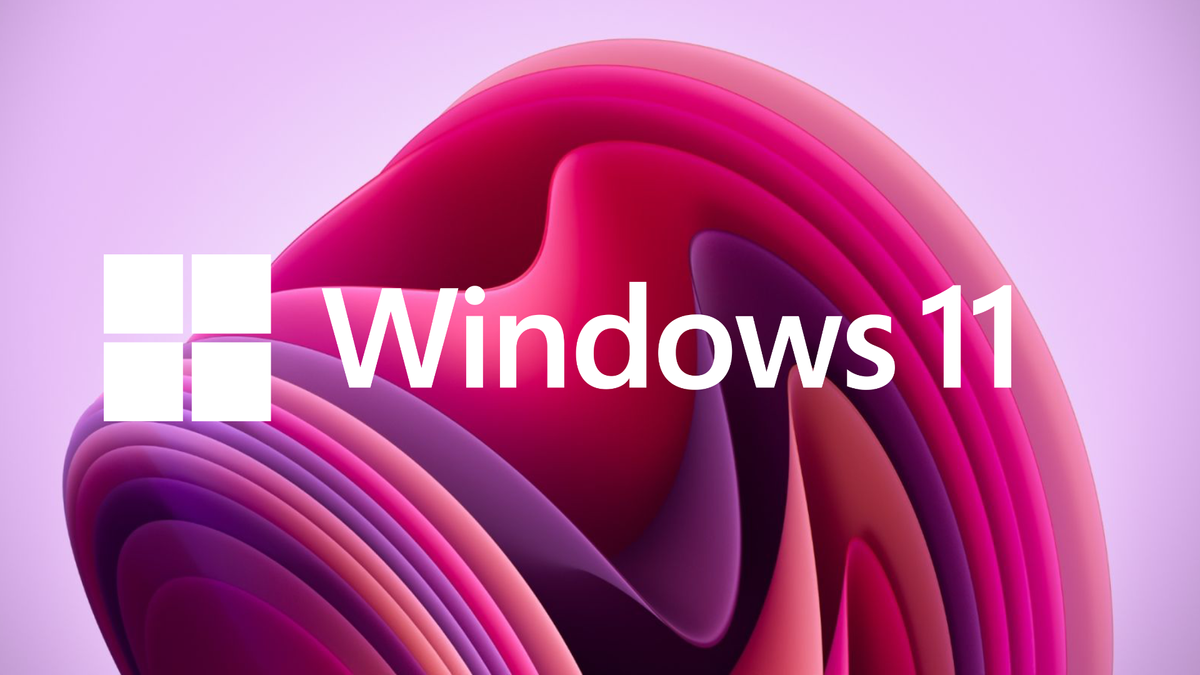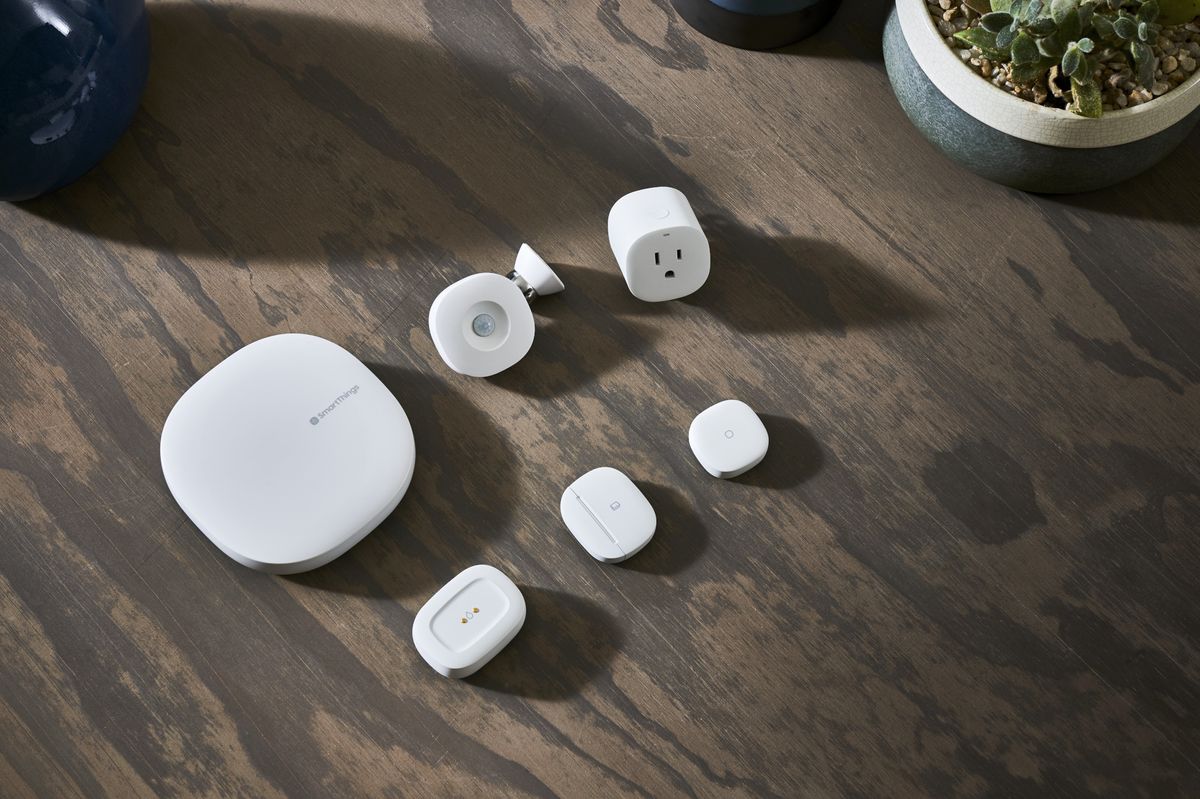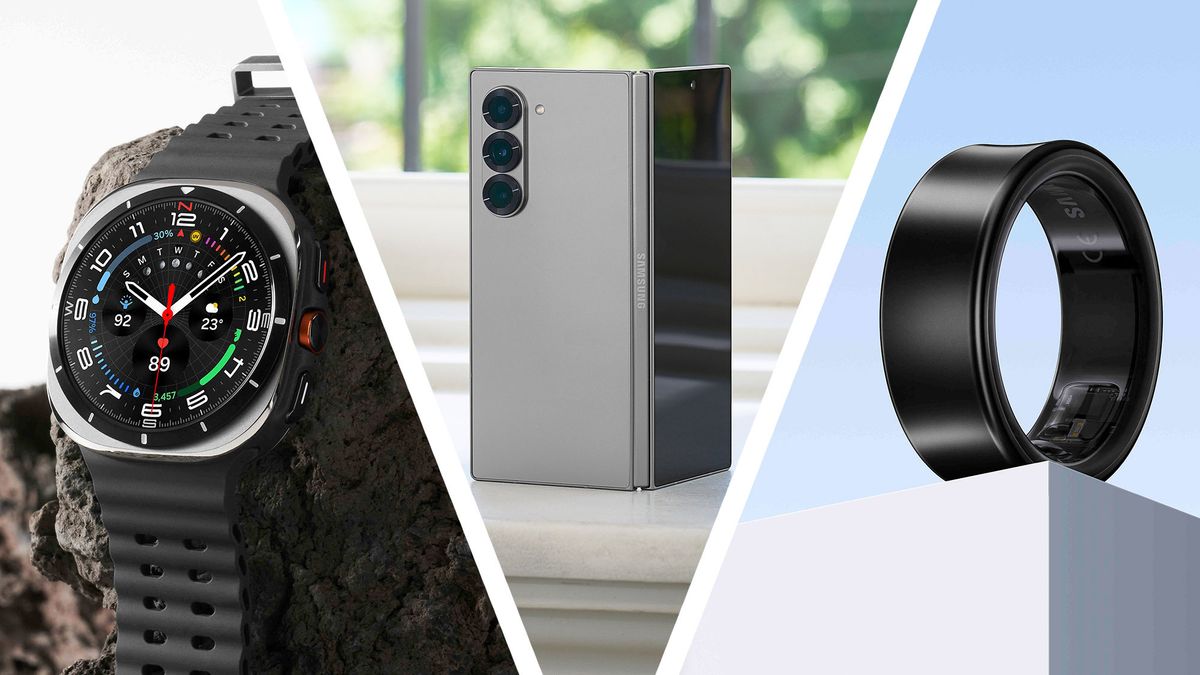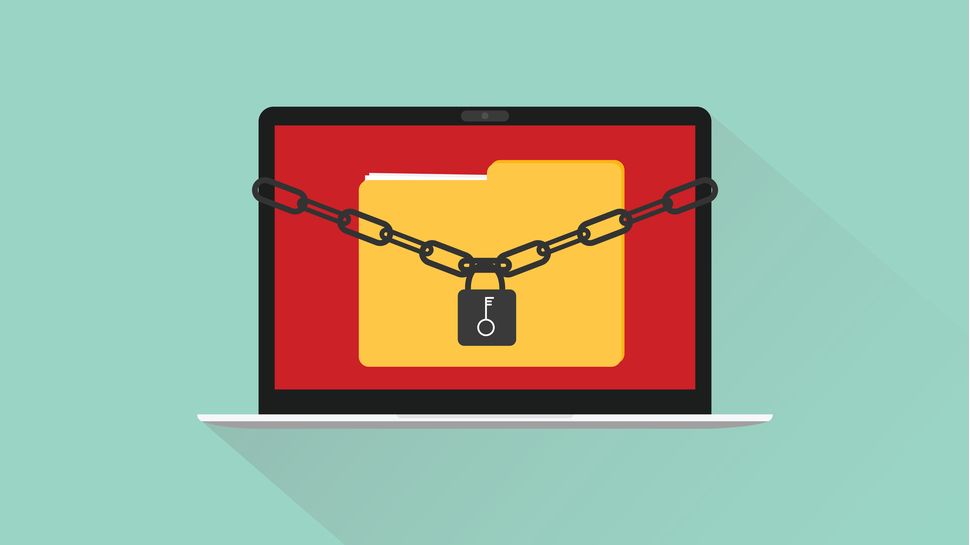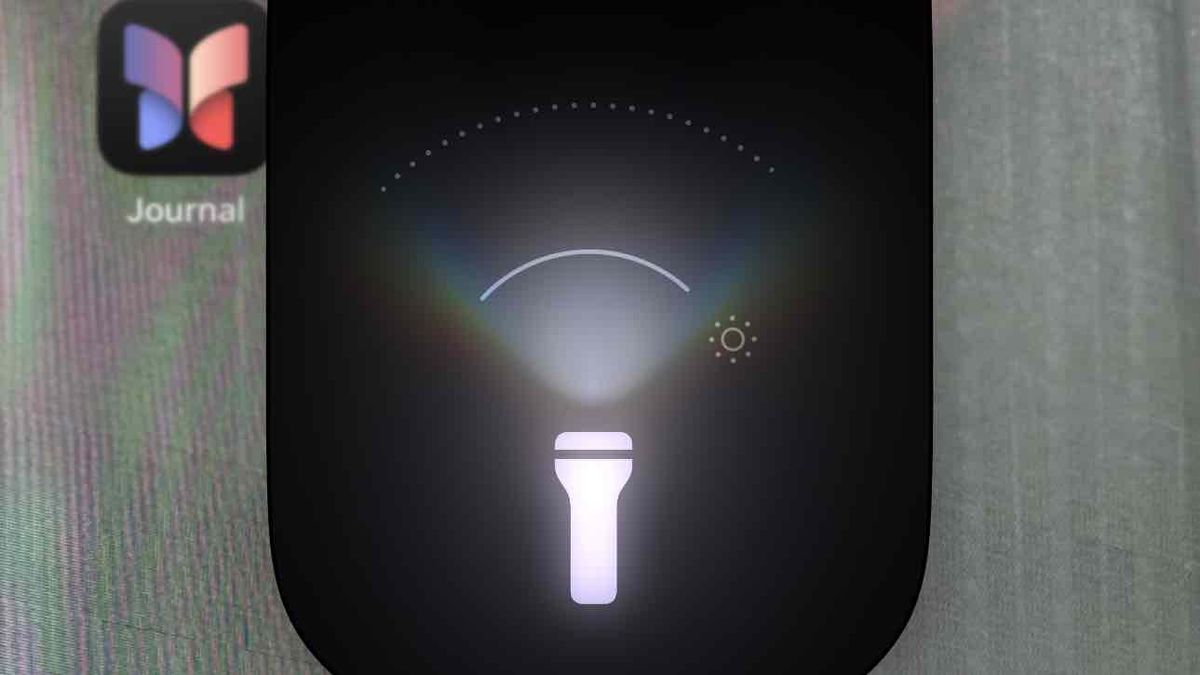Windows 11 is inching closer to its third anniversary since its launch, and the operating system has seemingly hit an all-time high for users: nearly 30% of all Windows PCs are now running Windows 11, at least according to one analytics firm.
That may not sound like much (frankly, it isn't), but it's at least a noticeable improvement on recent times where Windows 11 adoption has actually slowed slightly, and this is certainly a positive sign compared to the cold reception the operating system initially received.
Neowin noted that Statcounter's most recent monthly report shows that Windows 11 has 29.7% of the market share, while Windows 10 still currently enjoys a large majority of 66.1%.
Normally, when a new operating system is released, adoption is widespread. However, if we’re celebrating a 30% peak nearly three years after its release, it’s obviously not a great indication that Windows 11 is being welcomed with open arms, despite all its additional perks and AI features, which are continually being added.
This begs the question: why are so many people reluctant to migrate to Windows 11? For starters, the more demanding system requirements that rule out older CPUs and TPM-less machines are a significant barrier to adoption when it comes to some PCs.
Furthermore, since its launch, Windows 11 has suffered more than its fair share of poor updates and buggy behavior. Furthermore, the OS is slowly becoming a conduit for ads that you can't escape in some cases. Also, there's just not much difference between Windows 10 and Windows 11 for people who don't care too much about AI or Copilot (and Copilot is on Windows 10 (even if all of Microsoft's various AI features aren't anyway).
Could this small victory for Windows 11 (representing a month-over-month increase of just over 2% in Statcounter’s numbers) simply be the result of people buying new machines? You’d be hard-pressed to find a new Windows desktop or laptop that doesn’t run Windows 11, and for many, downgrading to a lower version of the system just isn’t worth the effort (or may not even be possible). Especially given that Windows 10 isn’t far from its end of life anyway (due in October 2025).
We may have to wait until Windows 12 finally launches and hope that it's a big enough improvement to get Windows 10 users to move on from Windows 11, though again, the system requirements are likely to prove an insurmountable hurdle for some older PCs.

